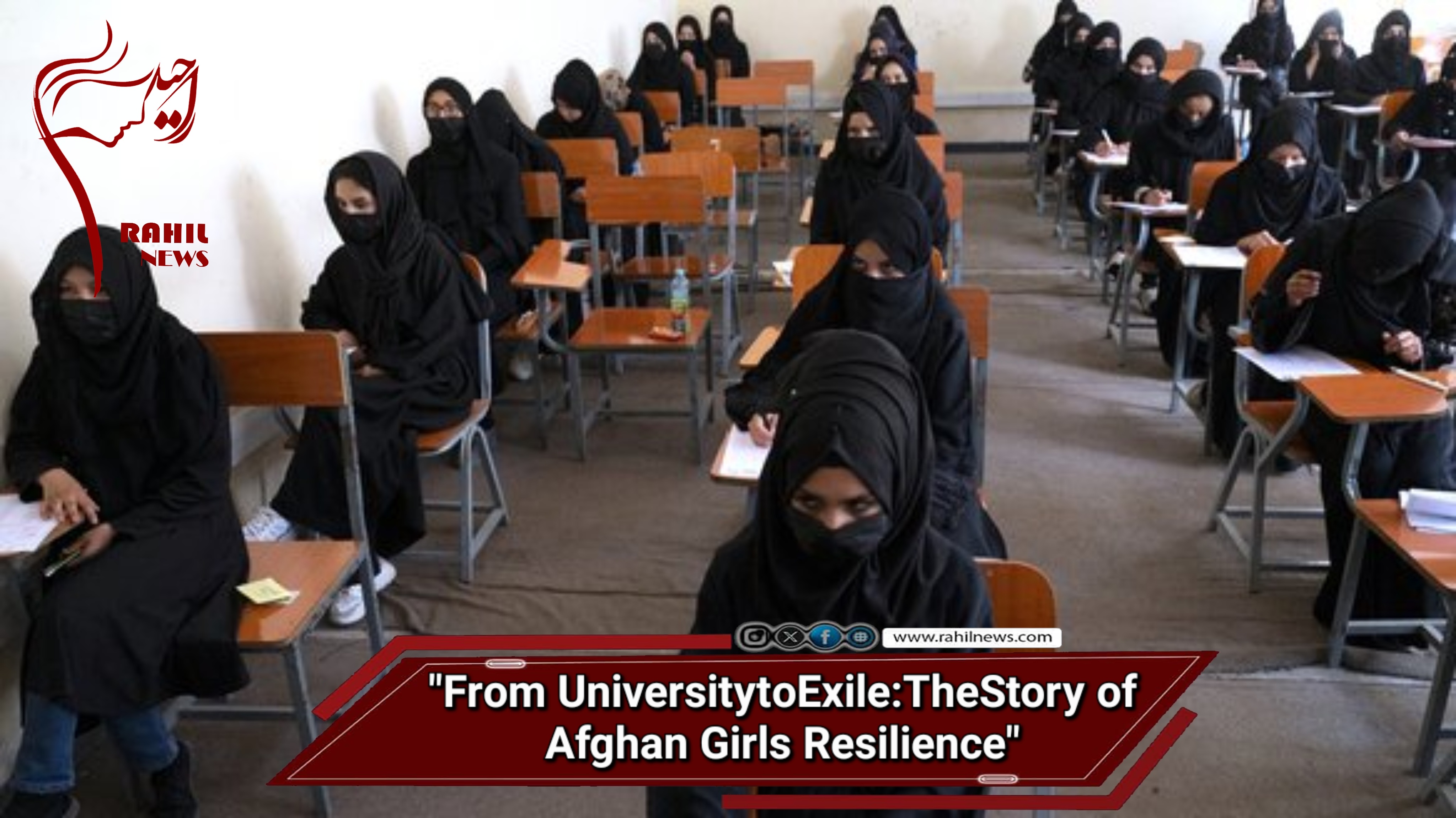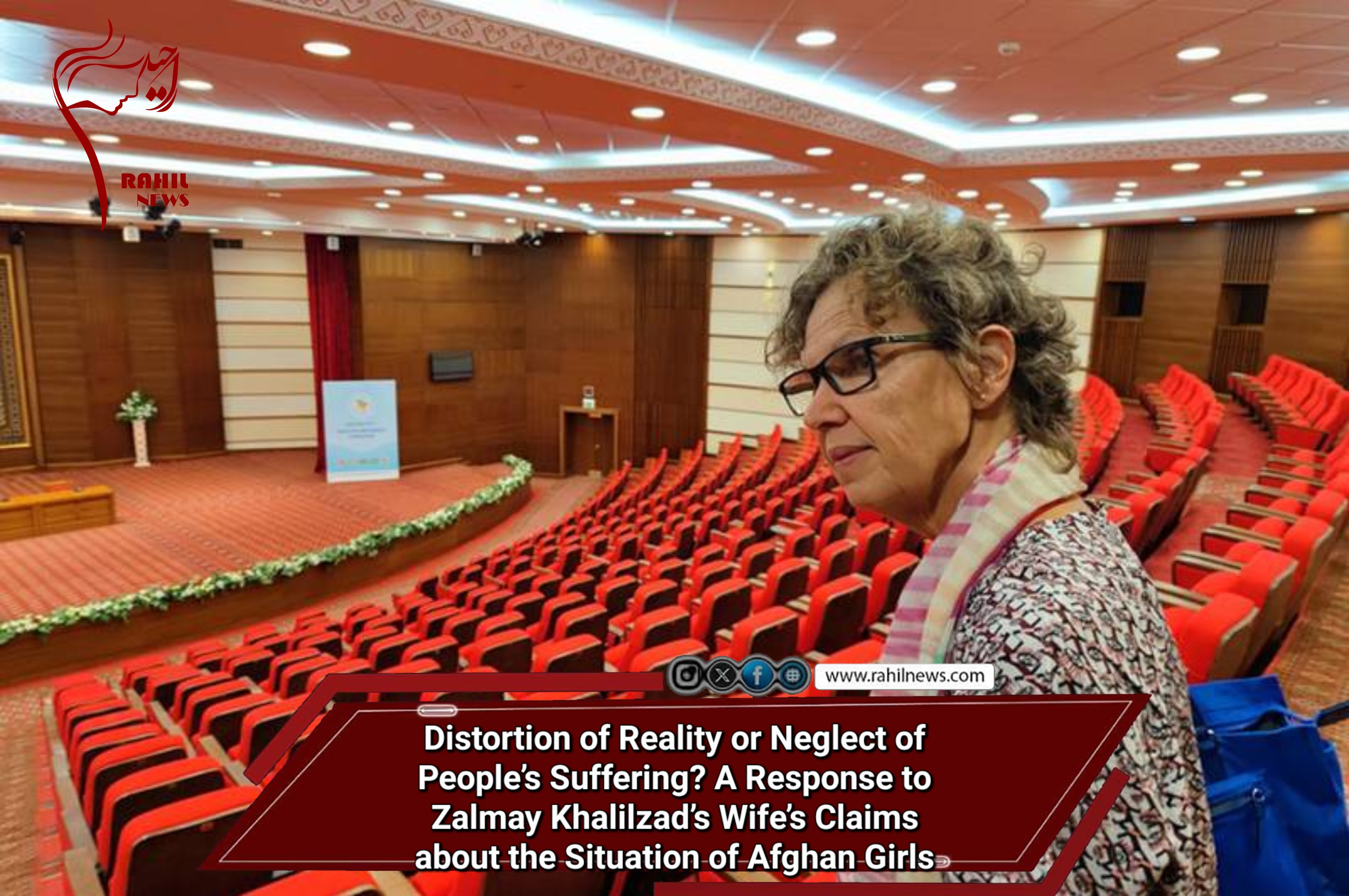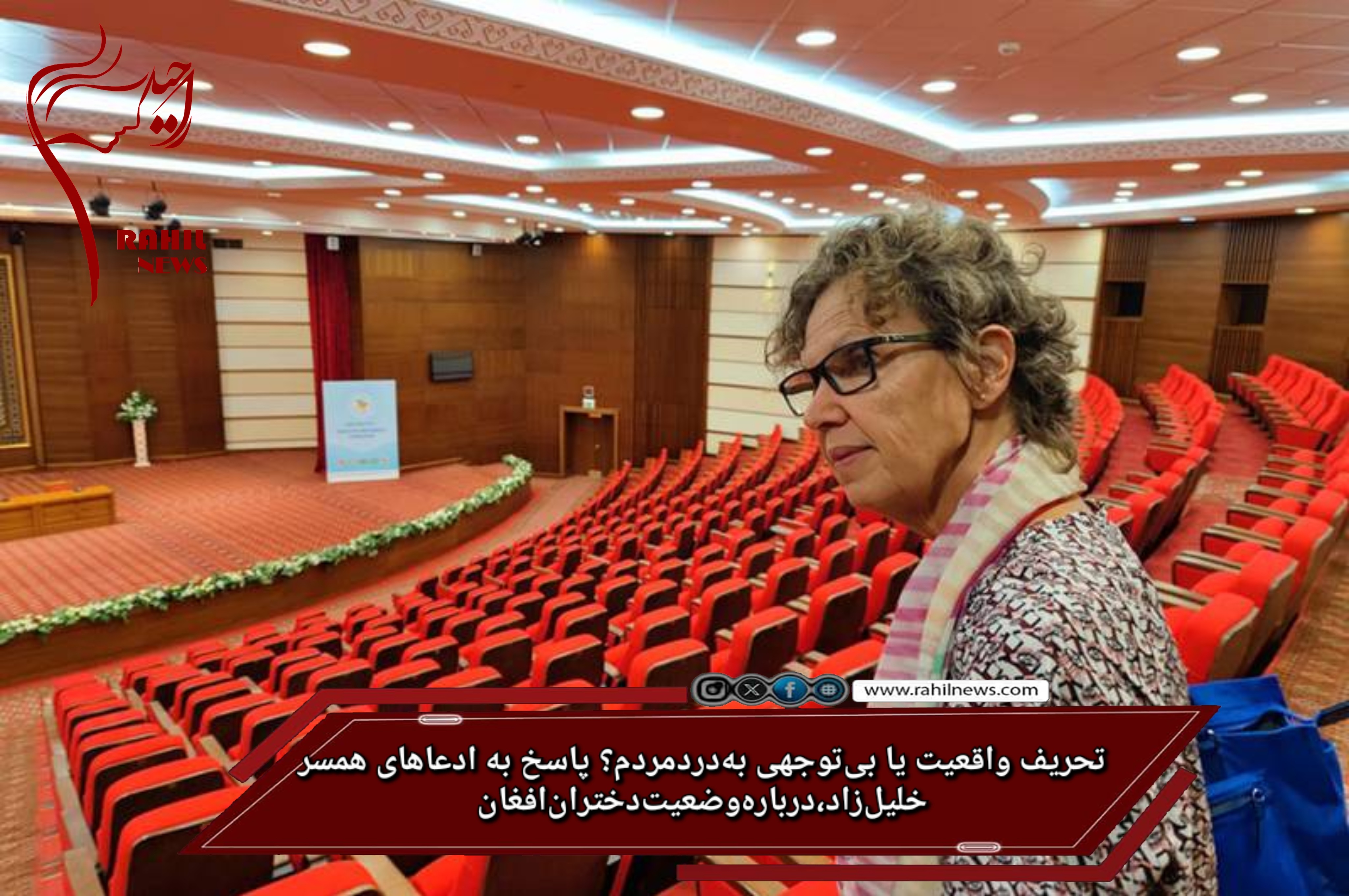
شریک سازید:
In the face of oppression and uncertainty, Afghan girls are finding strength in the darkest of times. Farishta, Maryam, and Sara, once students with dreams of shaping a better future, now navigate the harsh realities of exile and hardship. Their stories, marked by resilience and unyielding hope, reflect not only the devastating consequences of the Taliban's takeover but also the enduring spirit of young women who refuse to let their dreams be extinguished.
In a small apartment on the outskirts of Tehran, a young woman named Farishta Haidari (pseudonym) spends her days between hope and sorrow. Farishta was once a third-semester engineering student at Kabul University, where she dreamed of one day building bridges and structures that would help people live better, more peaceful lives.
But everything changed with the fall of Kabul and the Taliban’s takeover. The university gates were closed to women, and Farishta not only lost access to education but also her hope for the future. Severe psychological pressure and depression caused damage to her eyesight. Doctors diagnosed that the blood vessels in her eyes had ruptured due to constant stress.
Farishta says:
"When the university gates closed, I felt like the light of my life had gone out. The world turned dark for me."
She had no choice but to travel to Iran for treatment. She underwent laser surgery at a hospital in Tehran. However, despite enduring immense pain, she did not fully regain her vision. Still, deep in her heart, a flicker of hope remains alive.
Farishta is not the only victim of this situation. Maryam Ahmadi (pseudonym), another student deprived of her education, now lives in a poor neighborhood in Mashhad and works as a tailor to earn a living. With a lump in her throat, Maryam says:
"I once dreamed of becoming a doctor and healing the women of my homeland, but today, I am struggling to survive amid countless hardships."
Alongside them, Sara Nazari (pseudonym), a former law student at Balkh University, was forced to flee after repeated threats from the Taliban due to her social activities. She now lives in Pakistan. Sara, with eyes full of pain, says:
"The Taliban didn’t just take away my books and classes; they stole my dreams, my faith in the future, and my peace."
Despite all the hardships, these three young women still believe in a brighter future and are striving to find a ray of light amid the darkness. In exile and loneliness, they endure difficult days with hearts full of hope.
An ophthalmologist in Herat, who asked to remain anonymous due to security concerns, commented on the physical and psychological impacts of university closures:
"Educational restrictions did not just deprive girls of learning; they also caused serious psychological illnesses and health problems. Young people, especially girls, need education, hope, and social support for their mental and physical well-being."
He emphasized that in cases like Farishta’s, constant stress and psychological pressure have worsened physical illnesses and made treatment more difficult.
In separate messages, Farishta, Maryam, and Sara advise the girls of their country:
"Do not give up. Keep your dreams alive. Even if darkness covers the entire world, do not let hope leave your hearts."
Note:
The names mentioned in this report (Farishta Haidari, Maryam Ahmadi, and Sara Nazari) have been changed for security reasons.
Writer: Hana Karimi (pseudonym), freelance journalist



